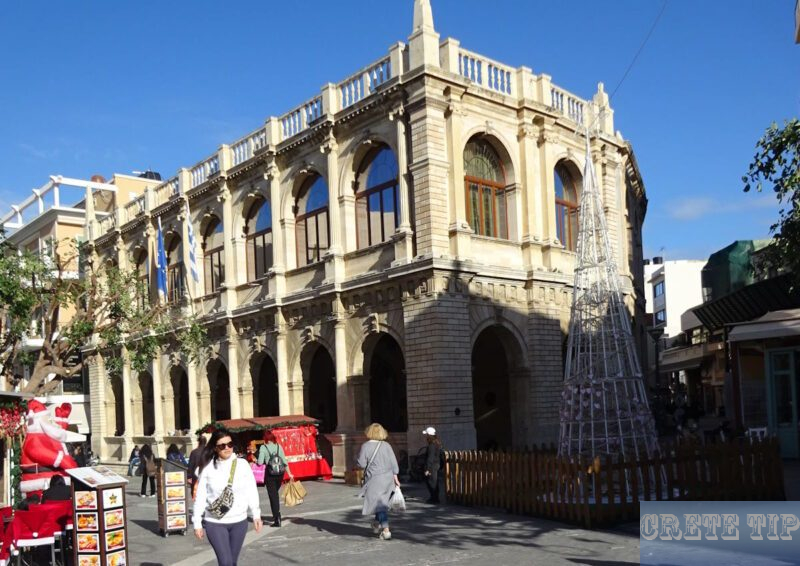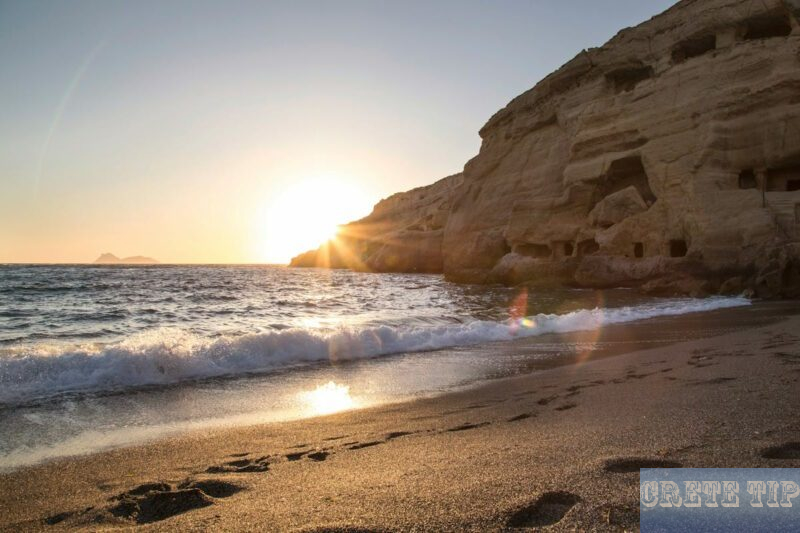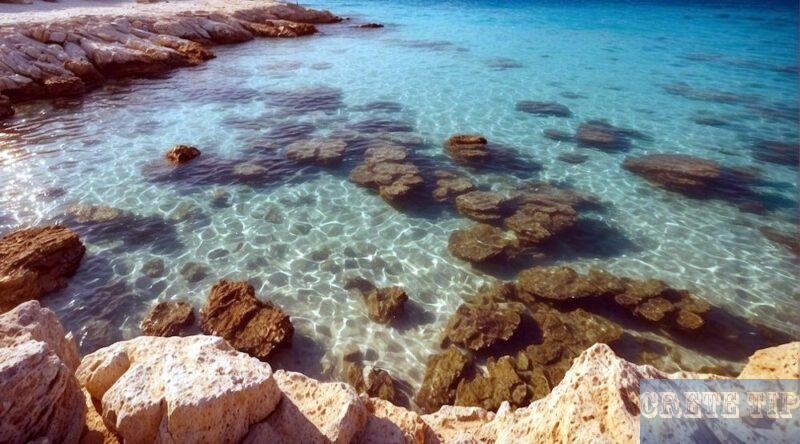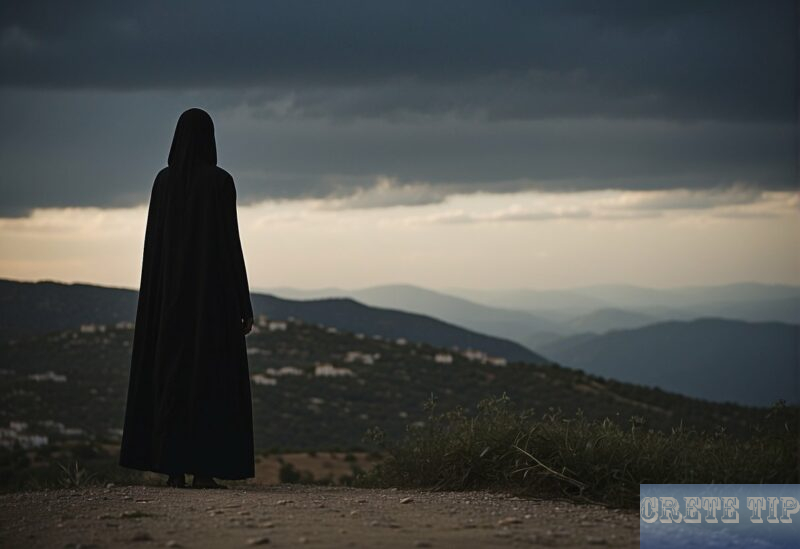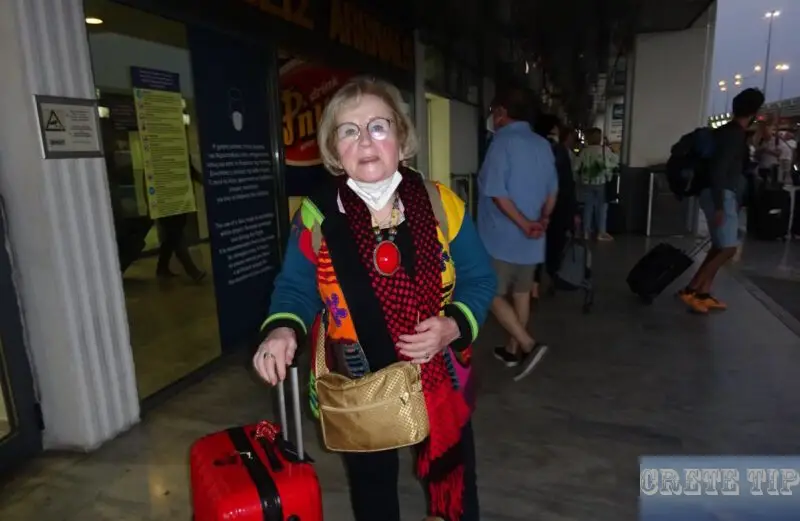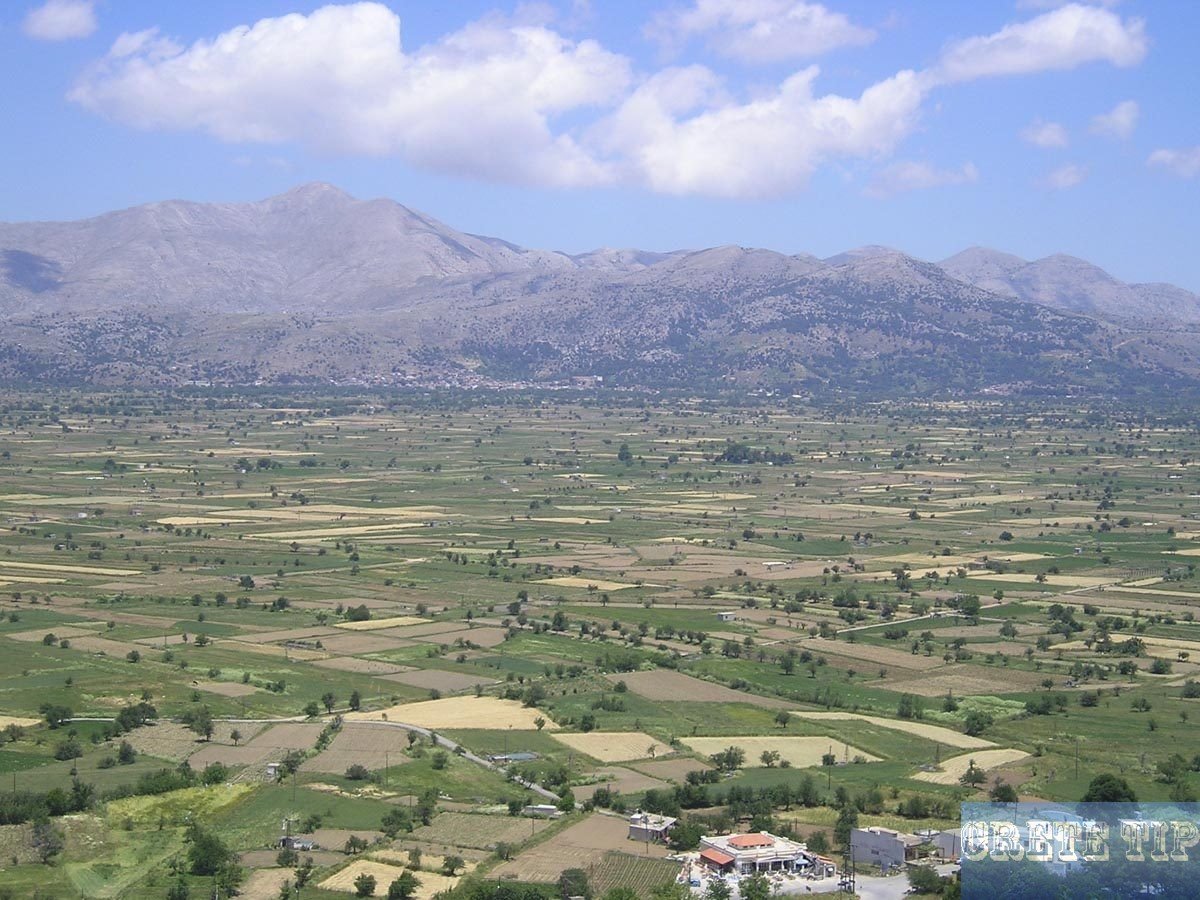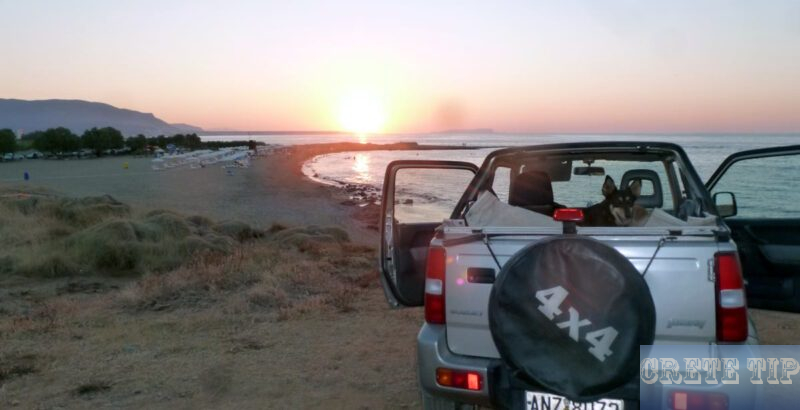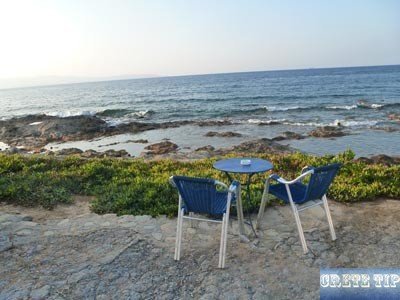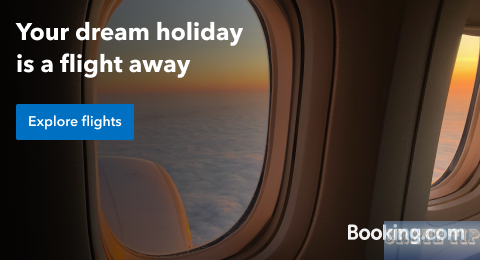Crete Tip with many photos and videos. True insider information, attractions, sightseeing, tours, hikes and more – first-hand tips by a permanent resident of the largest island of Greece!
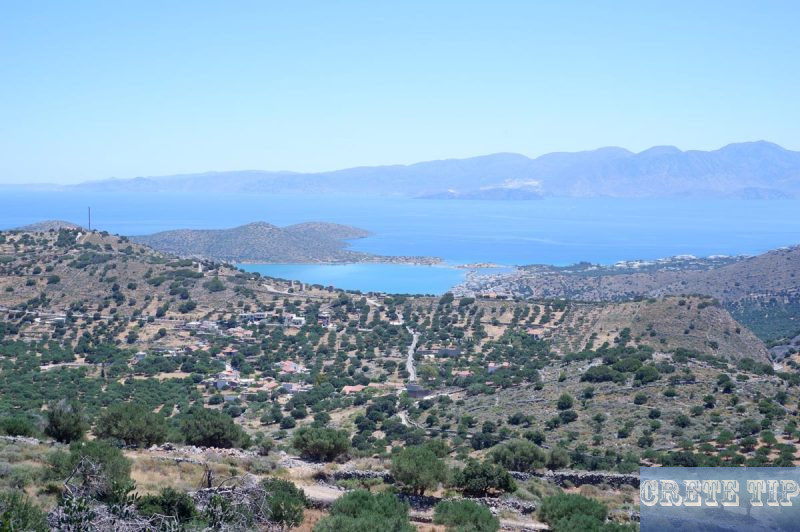
Current reports:
Crete Insider Tips
Table of Contents
It has an area of 8,241 sq. km (the islands of Gavdos, Dia and Kouphonisi bring the total to 8,407 sq. km). It is long and narrow, its greatest length being 260 km while its width varies from 60 km to 12 km.
It is rimmed by four seas: the Karpathian to the east, the Myrtoos to the west, the Cretan to the north and the Libyan to the south.
Therefore, it promises for the holidays over 300 sunny days a year, with average temperatures which are about more than 10 degrees warmer than in UK and ‘migraine’ weather is an unknown word here.
Swimming season for the numerous sandy beaches is from May to October and there is a wide variety of water sports, magnificent hiking trails, mostly friendly and hospitable locals, interesting archaeological sites and welcoming hotels right on the beach for a relaxing holiday.
One who stays all his holidays at the beach or pool of his hotel complex will indeed recover gorgeous – but misses a lot. Because the island is much more than a beautiful sunny island, it’s the spiritual home of Europe ! Here existed a high culture long before the mainland awoke !
The history of the discovery of these early European flowering period is almost as exciting as the era that came to light.
Indeed, here you can walk in the mountains and living close to the sea ! The islands keep ideal combinations ready for all interests. There is nothing more beautiful than to swim after a daylong trip in the mountains or along the coastline – or just to spend the evening in a seaside tavern.
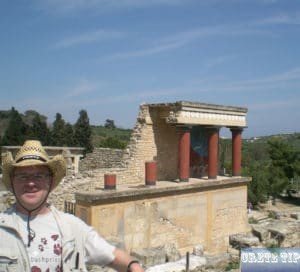
On Crete Tip the island is not presented like ‘the usual’ on most other travelling and tourist sites, where only the beautiful holiday (dream) world exist, but the reality, which is then not so stained like the glossy photos of the travel portals.
Therefore, to convey the concern of a longtime resident of the island, to create most possible objective and unvarnished reports of sights, excursion and holiday destinations, news, tips and also problems from first-hand of the largest Greek island !
Crete
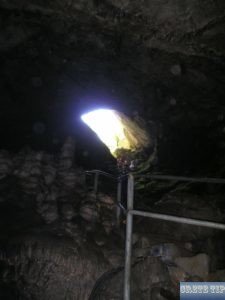
The birthplace of Zeus and centre of the first European high culture is rich in numerous fabulous beaches for swimming, gorges and mountains for hiking, offers numerous historical sights of its long and eventful history and still has cosmopolitan cities as well as tranquil little villages.
Crete, the largest island of Greece, offers an unmistakable nature and appearance. The average water temperatures and climatic values for a beach holiday or hiking and sightseeing are varied and offer the ideal time of year for every interest.
Cities of Crete
Crete has six urban centres, with the capital Heraklion being the largest city on the island with 150,000 inhabitants, while remote Sitia in the east has only about 14,000 inhabitants.
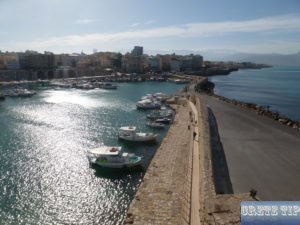
Heraklion is the largest city of Crete with about 150,000 inhabitants and is also the capital of the island.
A report on the sights in the old town, Venetian Loggia, Titus Church, port with Koules Fortress, market and shopping streets, the enormous city wall, churches, museums and hotels.
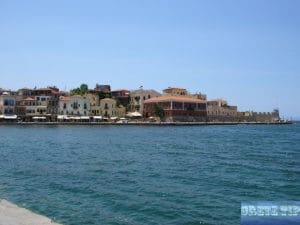
Chania is Crete’s second largest city with about 54,000 inhabitants and was the former capital from 1851 to 1972.
A report for visiting the city, the naval museum and the surroundings.
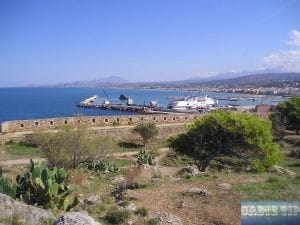
Rethymno has about 34.000 inhabitants and is situated between Chania and Heraklion.
History of the city and a report with the visit of the fortress Fortetsa, the old town and monastery Arkadi Monastery, the symbol of the Cretan will of freedom.
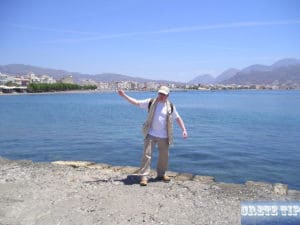
Ierapetra is the southernmost city in Europe with almost 24,000 inhabitants and has the mildest climate and most hours of sunshine.
Report about its history, Archaeological Museum, Kales Castle, Old Quarter, beaches, Chrissi Island, hotels and accommodation.
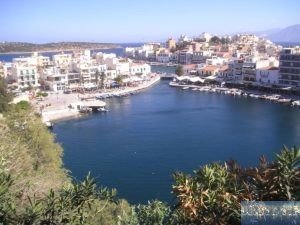
Aghios Nikolaos is the capital of Lasithi Prefecture with about 20,000 inhabitants and has the famous Voulismeni Lake in its heart.
A report on the history, sights, beaches and practical tips for your stay in the city.
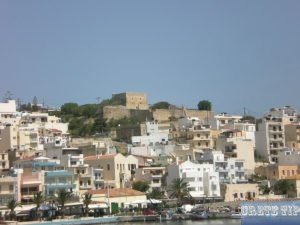
Sitia is one of the most beautiful places on Crete and with its approximately 14,000 inhabitants is located in the eastern part of the island.
A report on its history and the inexpensive town in the east of Crete today, which is laid out in the style of an Italian town.
Tourist resorts and beaches
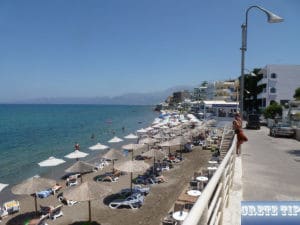
Hersonisos is one of the most developed resorts in Crete.
A history report and the resort today, Promenade, Star Beach Water Park, Lychnostatis Open Air Museum, Aqua World, Aqua Plus, Piskopiano and surroundings, Museum of ‘Rural Life’ and information on local activities.
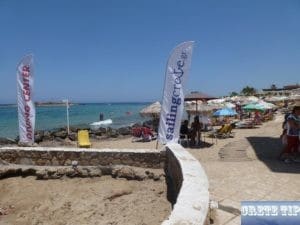
Malia stands for sun, beach, quad bikes and parties all night long in Crete.
Report on orientation in Malia with its old, picturesque town centre, beaches with the fantastic sandy beach Potamos and its sand dunes, hotels and accommodation and a trip up to the nearby Lasithi Plateau.
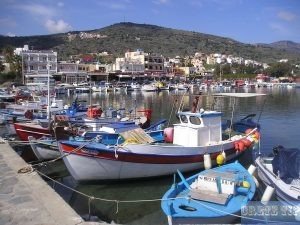
Elounda has the reputation of a luxurious, upscale tourist centre, although there are also simpler accommodation options.
Report about history with information and numerous photos and video. Local description, surroundings, tourism, the winter months and the daily life of the locals.
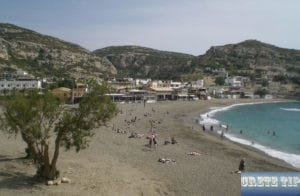
Matala, the hippie sandstone caves on the Libyan Sea.
The caves of Matala first became known in the 1960s, when they were the residence of a large international hippie community. Today the small town is fully developed for tourism and offers sandy beaches at protected bays.
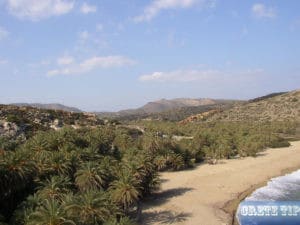
The Vai beach (Vai Finikodasos), located at the very east of the island, is famous especially for its palm trees, providing a proper contrast to the surrounding area and tranquillity of Toplou.
The Minoan palaces of Crete
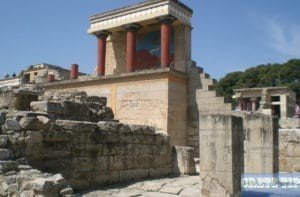
Knossos, the largest Minoan palace on Crete.
Report with location and directions from Heraklion, history, excavations, the palace grounds and tips for a visit.
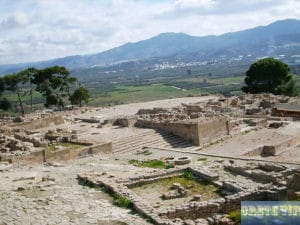
The palace of Festos is located above the Mesara plain.
Report on the impressive and not restored Minoan palace in the south of Crete between Mires and Matala.
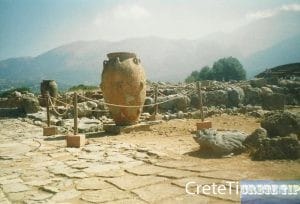
The Palace of Malia is not far from the tourist centre of the same name.
Report from the visit of the palace, its history, the palace grounds, the ancient city and hints for the visit and directions.
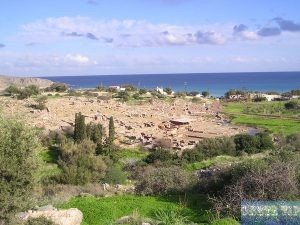
The Zakros (at Kato Zakros) in the very east of the island and the nearby ‘Valley of the Dead’.
Report of the visit of the unplundered Minoan palace, still in a state of surprising destruction, and the walk through the Valley of the Dead, where the Minoans buried their dead.
Important sights
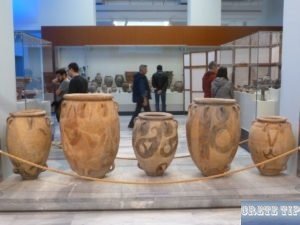
The Archeological Museum of Heraklion is the second largest museum in Greece and one of the most important in the world, as it is the only one that completely covers the Minoan culture and art.
Report with many photos from the visit of the museum.
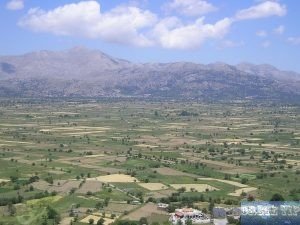
The Lasithi Plateau is the most important plateau of Crete.
Report of the excursion with route description with map and information, photos and video to visit the plateau, the Kronios and Zeus (Psychros, Dictaion Andron), ruined city of Karfi and Vidani monastery.
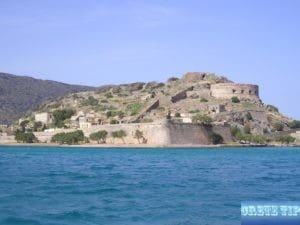
Fortress of Spinalonga in the gulf of Korfos.
History of the fortress island and as ‘island of the living dead’. Conditions, escape the life in the leprosy colony and its end. Many photos and video of the visit of the island.

Gortys, the destroyed Roman city on Crete.
The provincial capital was never rebuilt after its destruction by the Saracens and the ruins are in the same condition as they were 1,200 years ago. Report and many photos of the impressive visit and exploration of the ruined city.
Hikes
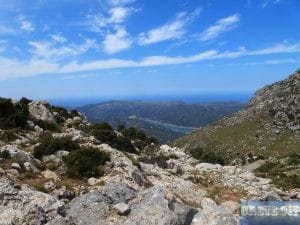
Lasithi hiking path and Karfi up to the Minoan settlement of Karfi, exploring the E4 hiking trail in the western part of the plateau and Havga Canyon.
Reports and route descriptions of the hikes on the Lasithi plateau with many photos.
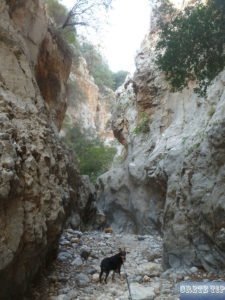
The Kritsa canyon for a great hiking tour.
Reports, directions and many photos.
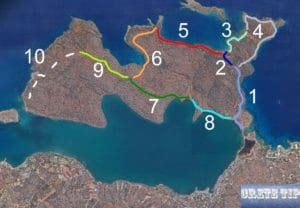
Walks, hiking and swimming at Kolikitha and other sandy beaches on the Peninsula of Spinalonga in front of Elounda and the fortress island.
Offers for Crete
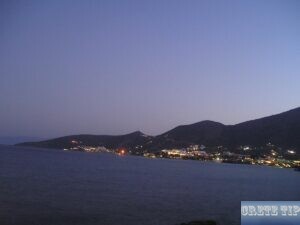
If you have now acquired a taste for it and would like to spend a holiday on Crete and are not yet sure which area is best suited to your personal requirements, you can start off with a reasonably priced package tour at any time with relatively little risk. Package tours include both the outward and return flight and the hotel. This is the easiest and most convenient way to book this type of travel.
But of course it is also possible to arrange a Crete trip individually according to your own taste and book suitable hotels and flights yourself.
And it is even possible to travel by car to Crete, whereby the journey by your own car and on ferries is already part of the holiday experience.
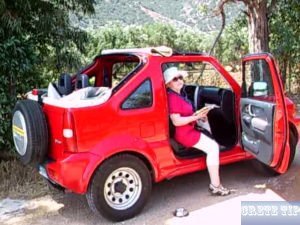
Car Hire: Tips and hints for car hire, driver’s license and age, insurance, fuel, mileage, driving, road traffic regulations and police penalties on Crete.
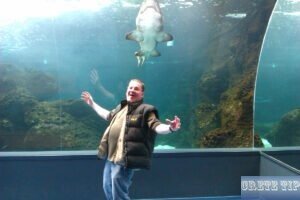
Tours, excursions and trips on Crete.
Current offers for great day trips, sightseeing, tours and safaris.


